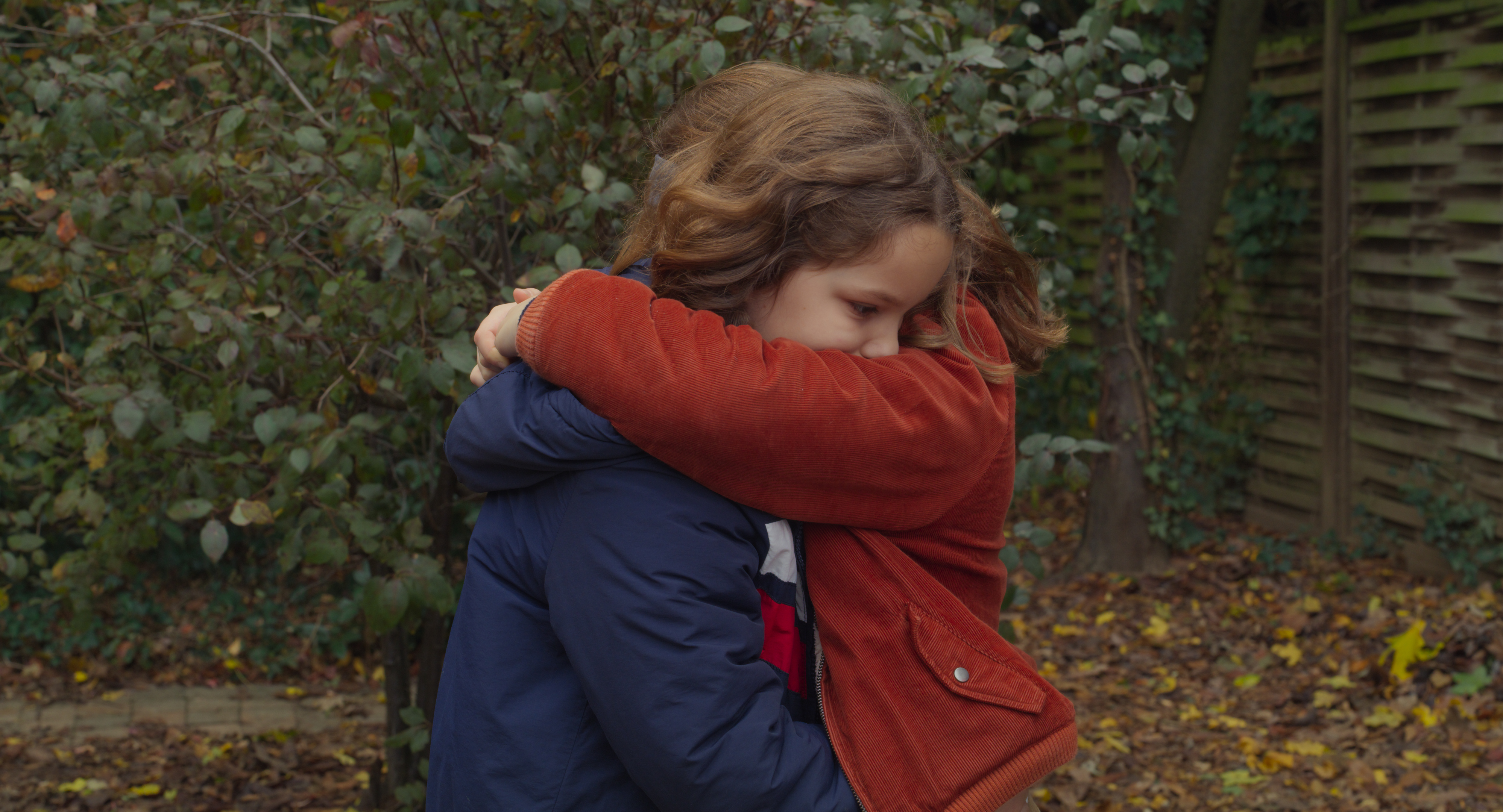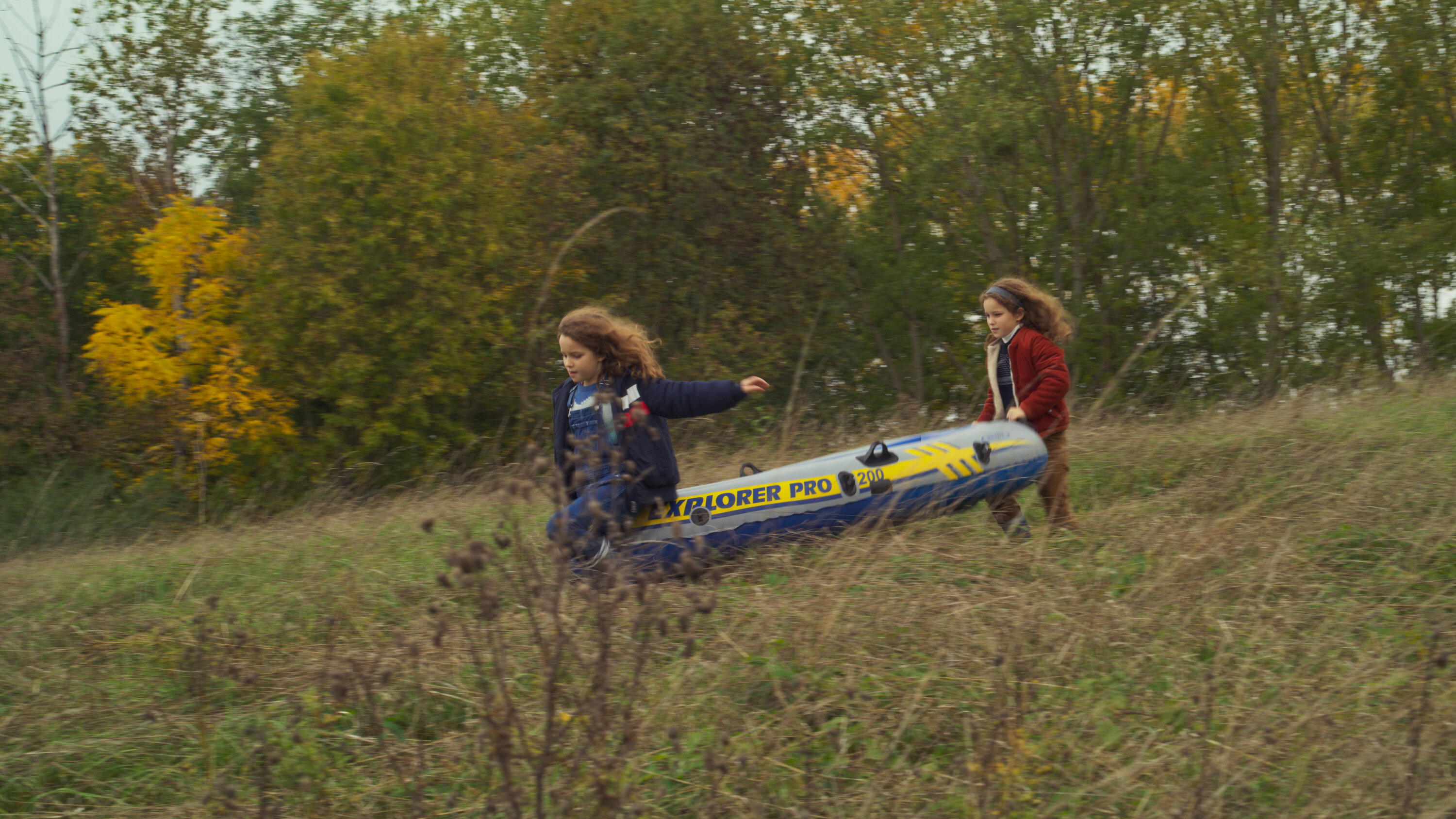
Petite Maman 2022
Film Review: Petite Maman
Céline Sciamma’s latest film feels like a palliative—a short, cozy breath of French air.
By harish krishnamoorthy
6.15.2022
During a season of films that seem to scream “more is more,” trending toward two- or three-hour runtimes and elaborate storylines (looking at you, The Batman and Everything Everywhere All At Once), Céline Sciamma’s Petite Maman feels like a palliative—a short, cozy breath of French air. Presented with all the beautiful poise that Sciamma brought to Portrait of a Lady on Fire (2019), the film follows a girl named Nelly, who visits her mother’s secluded childhood home following the death of her grandmother. As they clean out the house, her mother suddenly leaves one morning, and Nelly happens to meet another girl in the surrounding woods, who is none other than her mother, Marion, as an eight-year-old. They spend several days together and slowly begin to open themselves up to each other over the course of the movie.
In this simple, fantastical set-up, Sciamma spins a tale of generational sadness. This isn’t a film that can be spoiled or is particularly concerned with a concrete plot. Instead, what Sciamma captures so vividly is character complexity and the layers of similarity that run between these two girls. No line of dialogue goes to waste—every action is important in conveying their emotional state. As the movie unfolds, you understand the fear that each girl holds in their hearts; for Nelly, a fear of losing her mother’s love, and of dealing with the grief of her grandmother’s passing; for Marion, the fear of an upcoming surgery, and the anxiety of what and who she will become. Both keep these fears unspoken, but nonetheless find solace in each other as a brief respite from their loneliness, even if Nelly knows this magic cannot last.
All of this is set against a gorgeous backdrop of golden-fall leaves and rural French woodlands, which only underscores the fairytale-like feeling of this whole story. The only hint of time lies in the childhood house itself, which flickers between Marion’s lived-in home in the past, and the stripped down, slowly emptied house of Nelly’s present. The film is shot with immaculate care, with slow deliberate movements and clear framing. It feels vibrant and steady without being loud.
This is filmmaking that feels synonymous with intimacy. Disarming in its simplicity and realism, there’s an aching sadness that runs underneath the whole film that just feels so real. Though I remember having small issues with the film while watching it, I’d forgotten them all by the end. Much like with her other films, Sciamma is able to tap into the human condition as few others can, and all while only showing the smallest slice of human life. Certainly, she’s proven that’s all she needs.

